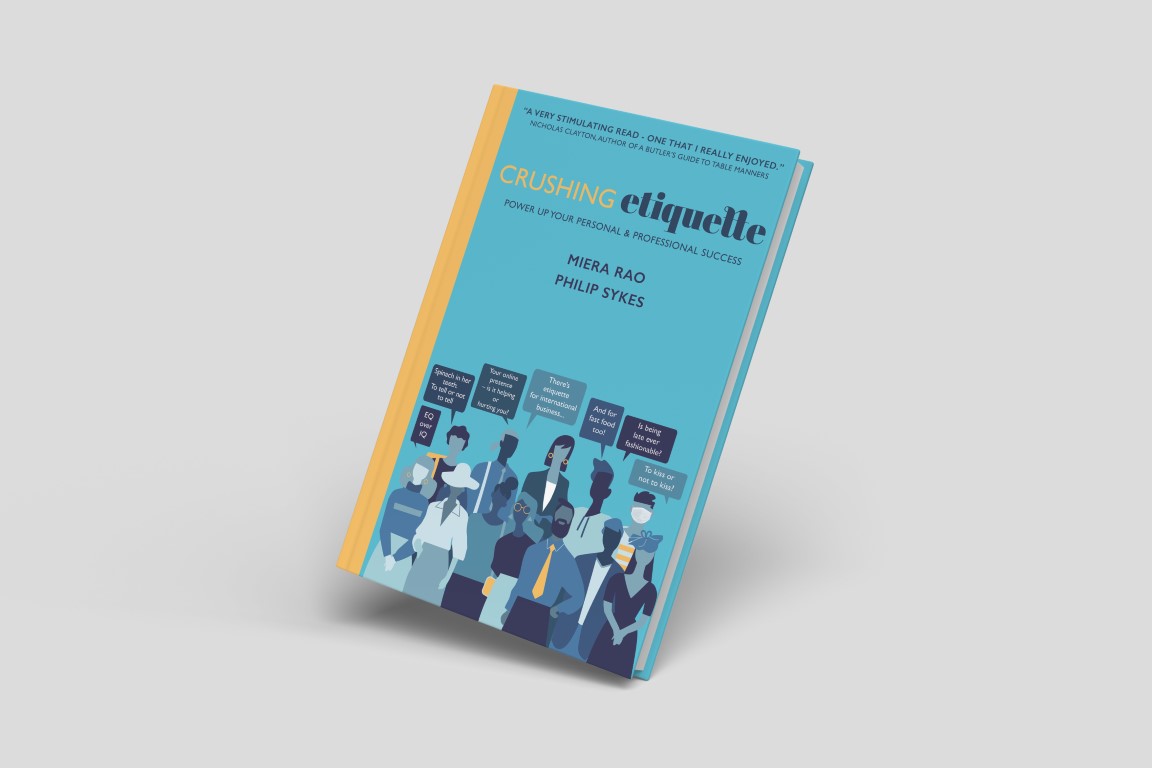The polished business card, the corner office, the impressive title. These markers of success tell only half the story.
We celebrate men who achieve professional excellence, applauding their determination and work ethic. Yet beneath this success often lies an unaddressed emotional reality that demands our attention, particularly as we recognise Men’s Mental Health Awareness Month this June.
The statistics paint a sobering picture. Men account for nearly 80% of all suicides in the UK and the same in the U.S., highlighting the urgent need to address this silent crisis affecting men worldwide. Despite projecting confidence and capability in professional settings, many men struggle privately with their mental wellbeing.
This disconnect between external success and internal struggle raises critical questions about how we define strength and excellence in our society.
The Paradox of Professional Achievement
Professional accomplishment often comes with significant personal cost. The very traits celebrated in corporate environments can become barriers to emotional wellbeing.
Philip Sykes, founder of The British School of Excellence, has observed this phenomenon throughout his 35 years working with high-achieving professionals: “Many of the most accomplished individuals I’ve worked with excel at managing external perceptions while struggling to acknowledge their own emotional needs.”
The professional world traditionally rewards stoicism, self-reliance, and unwavering confidence. These expectations create a perfect storm for men’s mental health, establishing a culture where vulnerability is perceived as weakness rather than strength.
Research confirms this troubling pattern. As many as 40% of men have never spoken to anyone about their mental health, despite over three-quarters suffering from common symptoms like anxiety, stress or depression. For many men, it would take thoughts of suicide to compel them to seek support.
This reluctance to acknowledge emotional struggles creates a dangerous isolation that can undermine even the most impressive professional achievements.
Emotional Intelligence as the Missing Link
At The British School of Excellence, we recognise that true professional excellence requires more than technical competence or strategic thinking. It demands emotional intelligence.
Emotional intelligence provides the foundation for both professional success and personal wellbeing. It enables us to recognise our own emotional states, understand their impact on our performance, and develop healthier responses to stress and challenge.
The connection between emotional intelligence and mental health is profound. Understanding and managing emotions serves a social purpose, connecting you to others and the world around you. This social intelligence enables recognition of support networks and helps reduce stress through meaningful communication.
For men navigating professional environments, developing emotional intelligence offers a pathway to reconcile the often competing demands of career success and personal wellbeing.
Reframing Strength Through Etiquette and Emotional Intelligence
The traditional definition of masculine strength emphasises stoicism and self-reliance. We propose a more nuanced understanding that incorporates emotional awareness and authentic connection.
Philip Sykes notes: “True strength lies not in suppressing vulnerability but in acknowledging it with grace and confidence. The principles of etiquette provide a framework for expressing emotional needs while maintaining professional presence.”
This reframing represents a fundamental shift in how we understand professional excellence, particularly for men. It recognises that acknowledging one’s emotional reality requires greater courage than concealing it.
The etiquette of emotional intelligence includes several key principles:
Self-awareness as professional asset. Understanding your emotional responses enables more effective decision-making and leadership.
Authentic communication. Expressing needs and concerns directly but thoughtfully strengthens professional relationships rather than undermining them.
Boundaries as courtesy. Setting clear boundaries around workload and availability demonstrates respect for yourself and others.
Help-seeking as responsibility. Accessing appropriate support when needed reflects professional maturity rather than weakness.
These principles transform how men can navigate professional environments while protecting their mental wellbeing.
Creating Cultures of Authentic Excellence
Organisations play a crucial role in addressing the hidden mental health challenges that often accompany professional success.
We’ve observed that the most effective professional environments balance high expectations with genuine support. They recognise that sustainable excellence requires attention to both performance and wellbeing.
Creating such environments requires intentional leadership and clear communication norms. Leaders must model balanced approaches to achievement that incorporate emotional intelligence alongside technical expertise.
Practical Approaches for Supporting Men’s Mental Health
Addressing men’s mental health in professional contexts requires both systemic change and individual action. Several approaches have proven particularly effective:
Normalise discussion of wellbeing. Create regular opportunities to check in about workload, stress levels, and support needs.
Provide multiple pathways for support. Recognise that different individuals will be comfortable with different approaches to seeking help.
Focus on performance and wellbeing as complementary. Frame mental health support as enhancing professional effectiveness rather than competing with it.
Develop emotional vocabulary. Many men lack the language to articulate their emotional experiences effectively.
Recognise cultural variations. Different cultural backgrounds may influence how men express and address emotional challenges.
These approaches help bridge the gap between professional success and personal wellbeing, particularly for men navigating environments that have traditionally discouraged emotional expression.
The Way Forward
The relationship between professional success and mental wellbeing remains complex, particularly for men. Yet we see encouraging signs of change.
More organisations now recognise that sustainable excellence requires attention to both performance and wellbeing. More men in leadership positions are speaking openly about their own mental health journeys, creating permission for others to do the same.
At The British School of Excellence, we believe that true professional distinction incorporates both external achievement and internal wellbeing. The principles of etiquette and emotional intelligence provide valuable frameworks for navigating this balance.
As we recognise Men’s Mental Health Awareness Month, we have the opportunity to redefine what excellence means in professional contexts. We can create environments where success is measured not just by external achievements but by the ability to thrive as complete human beings.
The polished business card, the corner office, the impressive title. These markers of success tell only half the story. The rest lies in our capacity for self-awareness, authentic connection, and emotional resilience.
That’s the true measure of excellence.
The British School of Excellence works with organisations to develop cultures where authentic excellence can flourish. This includes training in both the formal aspects of professional etiquette and the emotional intelligence that underpins meaningful connections.
Such training provides practical frameworks for addressing challenging situations, from managing conflict to expressing concerns about workload or wellbeing.






